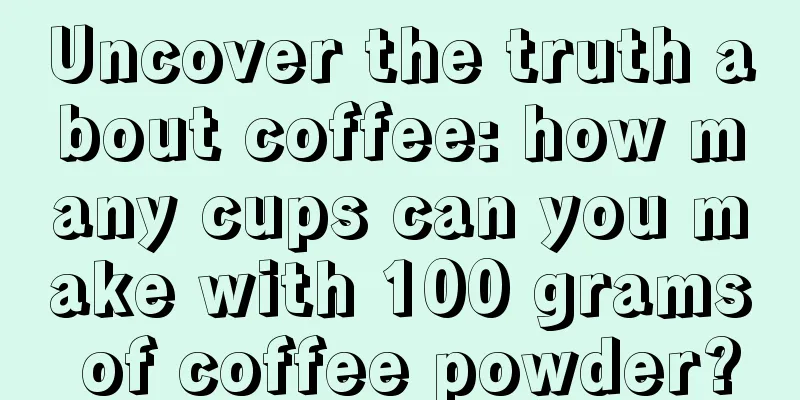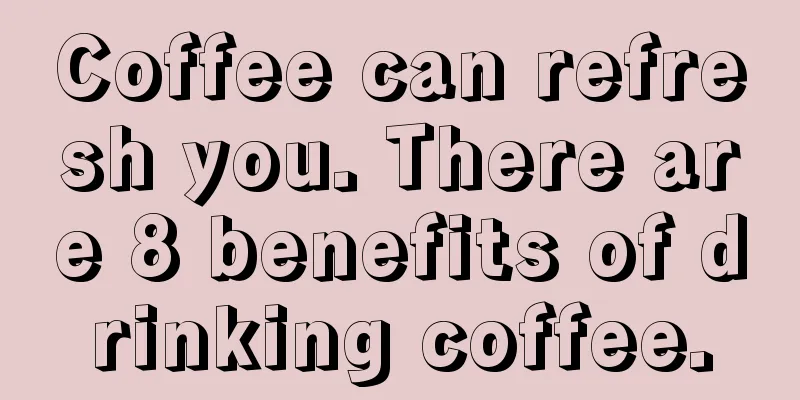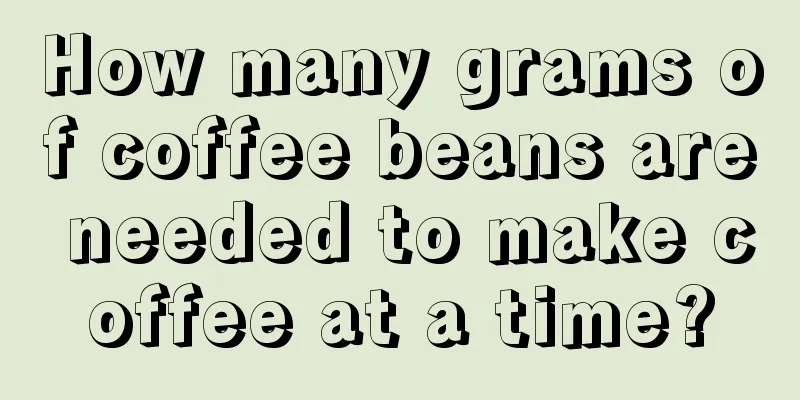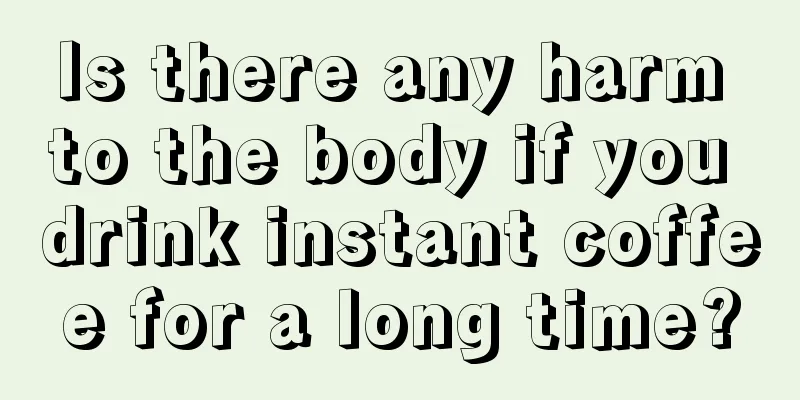The secret of not feeling hungry after drinking coffee, exploring the wonderful relationship between coffee and appetite

The reason why you don't feel hungry after drinking coffee is that the caffeine in coffee can stimulate the central nervous system and promote metabolic activity, but it also inhibits the secretion of appetite hormones and reduces appetite. Caffeine can also slow down the emptying of the stomach and reduce the duration of hunger. The relationship between coffee and appetite is strange and complex. Moderate intake can help regulate diet and energy balance, but excessive dependence may lead to nutritional imbalance and health problems. In daily life, we may have this experience: after drinking coffee, we suddenly no longer feel hungry. This phenomenon makes many people curious about the relationship between drinking coffee and appetite. This article will deeply analyze the reasons why you don’t feel hungry after drinking coffee from multiple perspectives, including coffee ingredients, physiological mechanisms, and lifestyle habits. Coffee ingredients and appetite suppressionCoffee contains caffeine and other bioactive compounds, which have a profound impact on human physiological functions. Caffeine can stimulate the central nervous system and increase the metabolic rate, thereby suppressing appetite to a certain extent. When we consume caffeine, the central nervous system will secrete "happy hormones" such as dopamine. These hormones can temporarily mask the feeling of hunger and make us feel less hungry. Physiological mechanism analysis1. Blood sugar regulation: Certain ingredients in coffee can increase blood sugar levels and keep blood sugar in a relatively stable state. When blood sugar levels are stable, the body is less likely to feel hungry. 2. Fat metabolism: Caffeine can accelerate fat metabolism and provide energy to the body. When fat metabolism is accelerated, the body's dependence on food will decrease, thereby reducing hunger. Influence of lifestyle1. The combination of coffee and breakfast: Many people are accustomed to drinking coffee at breakfast, and breakfast is usually an important meal of the day. After drinking coffee, the stimulating effect of caffeine may temporarily suppress appetite, causing us to eat less at breakfast. 2. Psychological effect: For many people, coffee is not just a drink, but also a psychological dependence. In busy work or study life, we may drink coffee as a short way to relax and rest. This state of psychological relaxation may make us feel less hungry. Individual differences and precautionsAlthough the phenomenon of suppressing appetite after drinking coffee is common to a certain extent, individual differences cannot be ignored. Different people have different sensitivities to caffeine. Some people may feel more hungry after drinking coffee. Long-term and excessive intake of caffeine may have negative effects on the body, such as insomnia, palpitations, etc. While enjoying the pleasure brought by coffee, we should also pay attention to our body's reactions and drink in moderation. In addition, we also need to note that coffee is not a long-term solution to the problem of hunger. The real feeling of fullness comes from a reasonable diet and balanced nutrition. When the body really needs food, we should satisfy it in time instead of relying on coffee to suppress appetite. There are many reasons why you don’t feel hungry after drinking coffee, including the ingredients in coffee, physiological mechanisms, living habits, and individual differences. We also need to realize that understanding these reasons does not mean that we can rely on coffee to suppress appetite for a long time. A healthy lifestyle, a reasonable diet, and balanced nutrition are the key to maintaining good health. I hope that through the discussion in this article, everyone can look at the relationship between drinking coffee and appetite more rationally. |
<<: The satiety of drinking coffee: exploring the scientific mystery behind it
>>: The truth about coffee satiety and fat intake
Recommend
Where do coffee beans come from?
The Origin and History of Coffee Beans Flavours a...
Top 10 Coffee Farms in the World: Taste the Aroma and Explore the Secrets of Coffee
Top 10 Coffee Farms in the World: Taste the Aroma...
Instant coffee taste peak list, top ten instant coffees, awaken your taste buds
The top ten instant coffees with the best taste, ...
The magic of coffee beans: from beans to fragrant coffee, do you know?
Coffee is a popular drink, and coffee beans are t...
Did you know that shiny coffee beans are not necessarily good?
Coffee is a must-have drink for many people every...
Use coffee beans directly, eliminating the trouble of grinding
The convenience of using coffee beans directly In...
How to grind coffee beans into coffee grounds
Choosing the right coffee bean type and its chara...
Coffee beans in the field: the aroma comes from the earth
Coffee beans in the ground: the aroma comes from ...
Coffee bean price trend and market analysis: Where is the central price?
Coffee beans are one of the most popular beverage...
The secret to brewing a perfect cup of coffee: details determine the taste
The key to brewing a perfect cup of coffee lies i...
Student days, the aroma of coffee and the rhythm of study
During the student years, the aroma of coffee is ...
Causes and solutions for coffee jitters
Causes and solutions for coffee jitters Coffee is...
What is the name of the coffee beans and where is it produced?
Main types and characteristics of coffee beans Co...
The perfect guide to learning latte art
The perfect guide to learning latte art Coffee la...
The world's most famous coffee bean brands and varieties revealed
The world's most famous coffee bean brands an...









